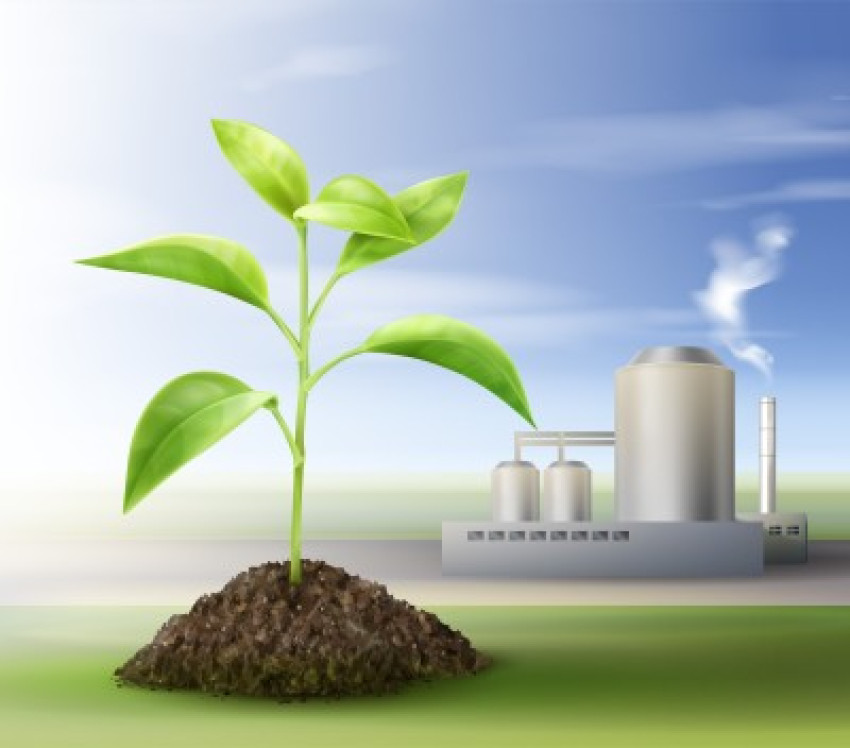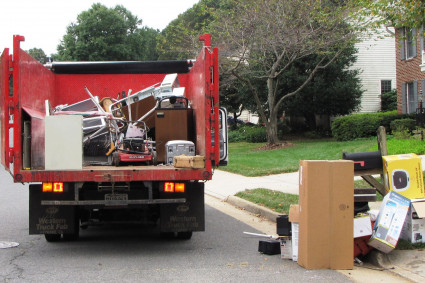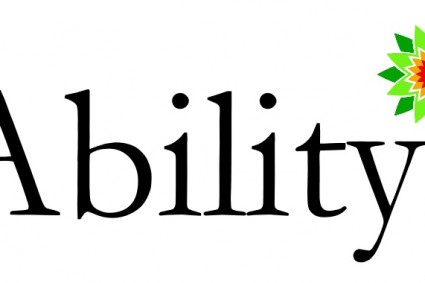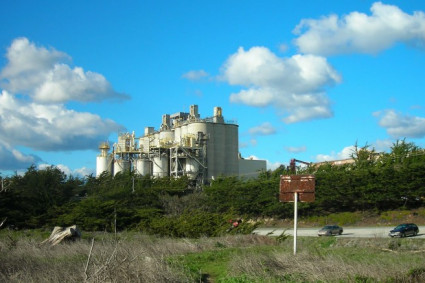
In the realm of agriculture, where the very foundation of food production lies in the soil, ensuring its fertility is paramount. Soil fertility directly influences crop health, yield, and overall agricultural sustainability. However, the availability of essential nutrients in the soil doesn't always translate to their accessibility by plants. This is where the remarkable abilities of KMB Potash Mobilizing Bacteria come into play, offering a transformative solution to this challenge.
Understanding the Role of Potash Mobilizing Bacteria
Potash, an indispensable nutrient for plant growth and development, is often locked in insoluble forms within the soil matrix. In such forms, it remains inaccessible to plants, posing a significant limitation to their growth potential. However, nature has equipped us with a powerful ally in the form of Potash Mobilizing Bacteria (KMB), which possess the unique ability to unlock and mobilize these otherwise inaccessible nutrients.
The Mechanism Behind KMB Potash Mobilizing Bacteria
KMB bacteria employ a variety of mechanisms to liberate potash and make it readily available for plant uptake. One such mechanism involves the secretion of organic acids, which effectively chelate with insoluble potash compounds, converting them into soluble forms that plants can absorb through their roots. Additionally, these bacteria can alter the soil's pH, creating a more conducive environment for nutrient release and uptake by plant roots.
Advantages of Utilizing KMB Potash Mobilizing Bacteria
The utilization of KMB Potash Mobilizing Bacteria offers numerous advantages for farmers and agricultural practitioners alike. By enhancing potash availability in the soil, these bacteria promote healthier root development, improve nutrient absorption efficiency, and ultimately lead to increased crop yields. Moreover, since KMB bacteria work in harmony with natural soil processes, their application aligns seamlessly with sustainable farming practices, minimizing the need for chemical fertilizers and reducing environmental impacts.
Application and Implementation
Incorporating KMB Potash Mobilizing Bacteria into agricultural practices is relatively straightforward and can be seamlessly integrated into existing farming systems. These bacteria can be introduced into the soil through inoculants or biofertilizers, either during planting or as part of routine soil management practices. Their compatibility with various cropping systems makes them suitable for a wide range of agricultural environments, from small-scale organic farms to large-scale conventional operations.
Conclusion
In conclusion, KMB Potash Mobilizing Bacteria represent a valuable tool in the arsenal of sustainable agriculture. By unlocking soil nutrients and enhancing potash availability, these bacteria contribute significantly to improved crop health, increased yields, and overall agricultural productivity. As we continue to seek innovative solutions for feeding a growing global population while preserving our planet's resources, harnessing the power of KMB bacteria holds immense promise for a greener, more resilient future in agriculture.






